

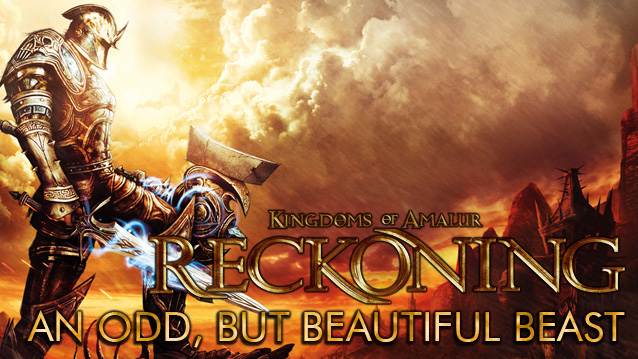
I want to begin by saying that Reckoning is an odd beast. It’s one that starts off with what seems to be a generic script, uninspired art, and I started off hating it… but now – after hours more of gameplay – I am enjoying it to a far greater degree than before. It’s one of those games you have to spend a little bit of extra time with to really appreciate, and I’ll explain why.
What I really wanted to comment on were the graphics. They definitely aren’t amazing, and they probably don’t even hold up to industry standards, considering how deep into the console generation we are. They do, however, bring back that mysterious feel games used to have. What do I mean? Well, the game’s graphics seem to be a bit behind, but it allows your imagination to fill in the gaps. I remember when I first started playing games that had draw distances: I thought that it wasn’t technology creating that obscure horizon, but the game developers putting an eerie mist into the game. It created a sense of exploration that I feel has been lost. Now, just because Reckoning brings back some of these great conventions of retro gaming doesn’t mean it’s without flaw. The whole world looks kind of fuzzy, and while the developers obviously put a lot of hard work and thought into creating imaginative effects and such, it seems they didn’t refine their work enough. It’s really a phenomenon, that to understand, you’d have to play the game yourself. It is – in my eyes – the lowest point of Reckoning, all retro fancies aside.
Next, we’ll look at the gameplay: this is where Reckoning gets interesting. As with most RPGs, the game offers you a number of main archetypes to choose from: warrior, rogue, archer, and mage. Warriors wield the usual sword and shield, rogues use daggers or faeblades, archers fire arrows, and mages wield powerful magics to dispose of their opposition. This is a standout area of Reckoning, as each archetype’s main traits are so unique and brazen; since you’ll be upgrading your character, fighting, and forging your story for hours on end, it’s probably a good thing that this is so. The gameplay features the common charge attacks, as well as others, but what really intrigued me was the way the archer class worked: in Reckoning, you didn’t have to walk around constantly worrying about your arrow supply. Your quiver holds a certain number of arrows (this is upgradeable) and once used, they automatically regenerate after a certain measure of time. It’s not often I choose any archetype over a warrior’s, so the fact I chose to be an archer is testament to Reckoning’s uniqueness in the area of gameplay.
Let’s talk story – something in which I feel Reckoning excels. The world is currently being swept into war with a race called the Tuatha. You play as a hero who has most recently died in a war against these beings, but resurrected via the Well of Souls. While staying away from anything too specific, it’s sufficed to say that your character attains some more than interesting powers in his/her return. You are unaware of your position in the world, and everybody else seems to know more about you than yourself – something the game makes sure you are aware of throughout your travels. Eventually, you learn that you are without a fate. The great Tapestry of Fate holds no sway over your actions, and thus, you are free from destiny’s whim. This is where the open-world elements of Reckoning come into play, and furthermore – where the story comes into fruition. It’s upon these revelations and conventions that Reckoning builds its main story concepts. It’s a fairly traditional hero-saves-the-world game with enough interesting plot twists and narrative exposition to keep the player interested until the credits roll.
The game’s presentation is one that sacrifices refinement, making way for pure fun. The sounds, voice acting, and many other areas encompassed in this portion of the game are by no means amazing, but they do their job well enough. Many of the sound effects when engaging in combat or with the environment sound a bit tinny. They are really just a background to the gameplay; that’s fine, but with games moving forward as they are, it’s becoming harder and harder to let things such as this slide. All of this said, Reckoning doesn’t displease in this area, it’s really just a veritable moot point when it comes to judgment - you don’t hate it or love it. Really, this goes along pretty well with the aforementioned graphics in regards to the retro feel of the game. To some, it might actually be a strong point – to others, a negative. I just feel that when compared to other AAA titles recently released inside the industry it doesn’t quite stand up as well.
So, now that we've reached the end of my train of thought…Where exactly does Reckoning stand? In my opinion, and for all intents and purposes: this is a great game. It’s another title that, while not perfect, faces its faults with an uncompromising amount of fortitude. However, it doesn’t just accept these things and work with them – it also brings a grandiose story and interesting gameplay mechanics to the table that we have not seen in a very long time. The developers should be commended for their forward thinking, and more studios should perhaps take something away from this game. It’s truly what one would call art, and though the stance on games as art is somewhat clouded, I feel that it is.

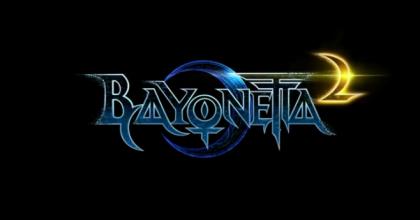
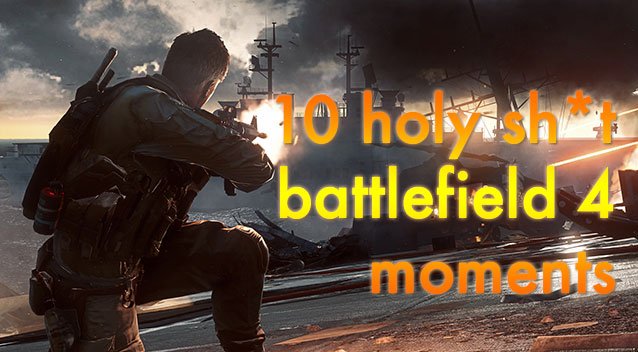
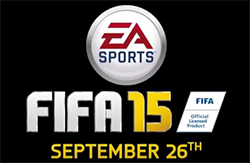
 Gold Guide for Repossession Mission in Grand Theft Auto 5 and Walkthrough
Gold Guide for Repossession Mission in Grand Theft Auto 5 and Walkthrough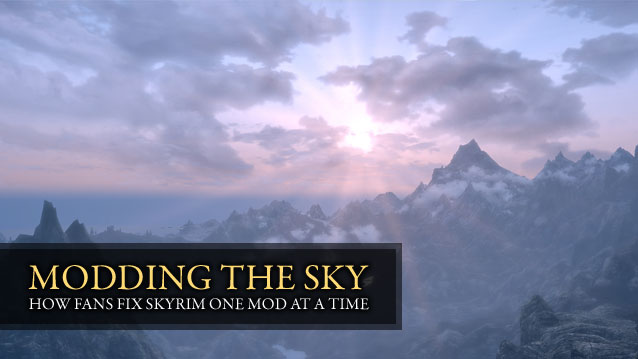 Modding the Sky - How Fans Fix Skyrim One Mod at a Time
Modding the Sky - How Fans Fix Skyrim One Mod at a Time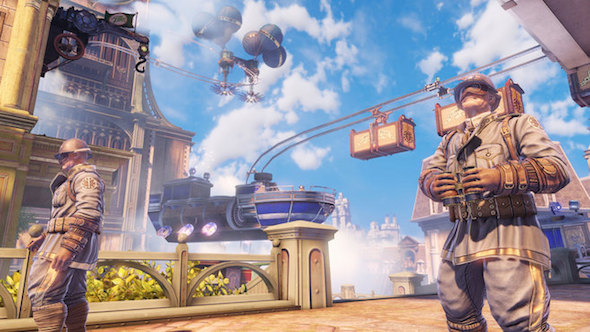 6 Games And Apps On Sale This Black Friday
6 Games And Apps On Sale This Black Friday 5 Big Benefits of Booking an AirBnB Room over a Hotel
5 Big Benefits of Booking an AirBnB Room over a Hotel FIFA 15 Hidden Gems in Career Mode - Top 5
FIFA 15 Hidden Gems in Career Mode - Top 5